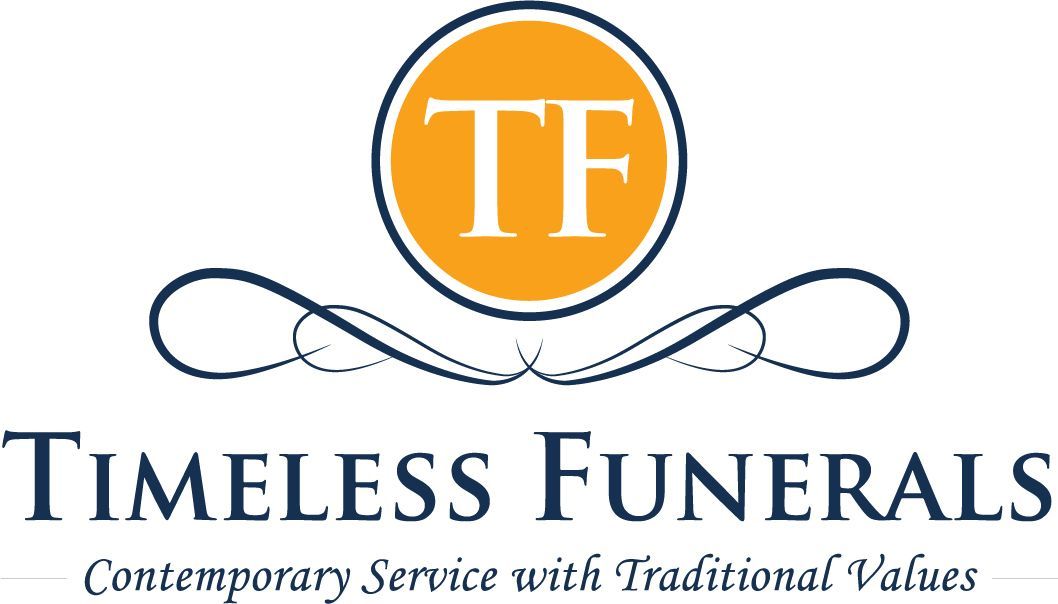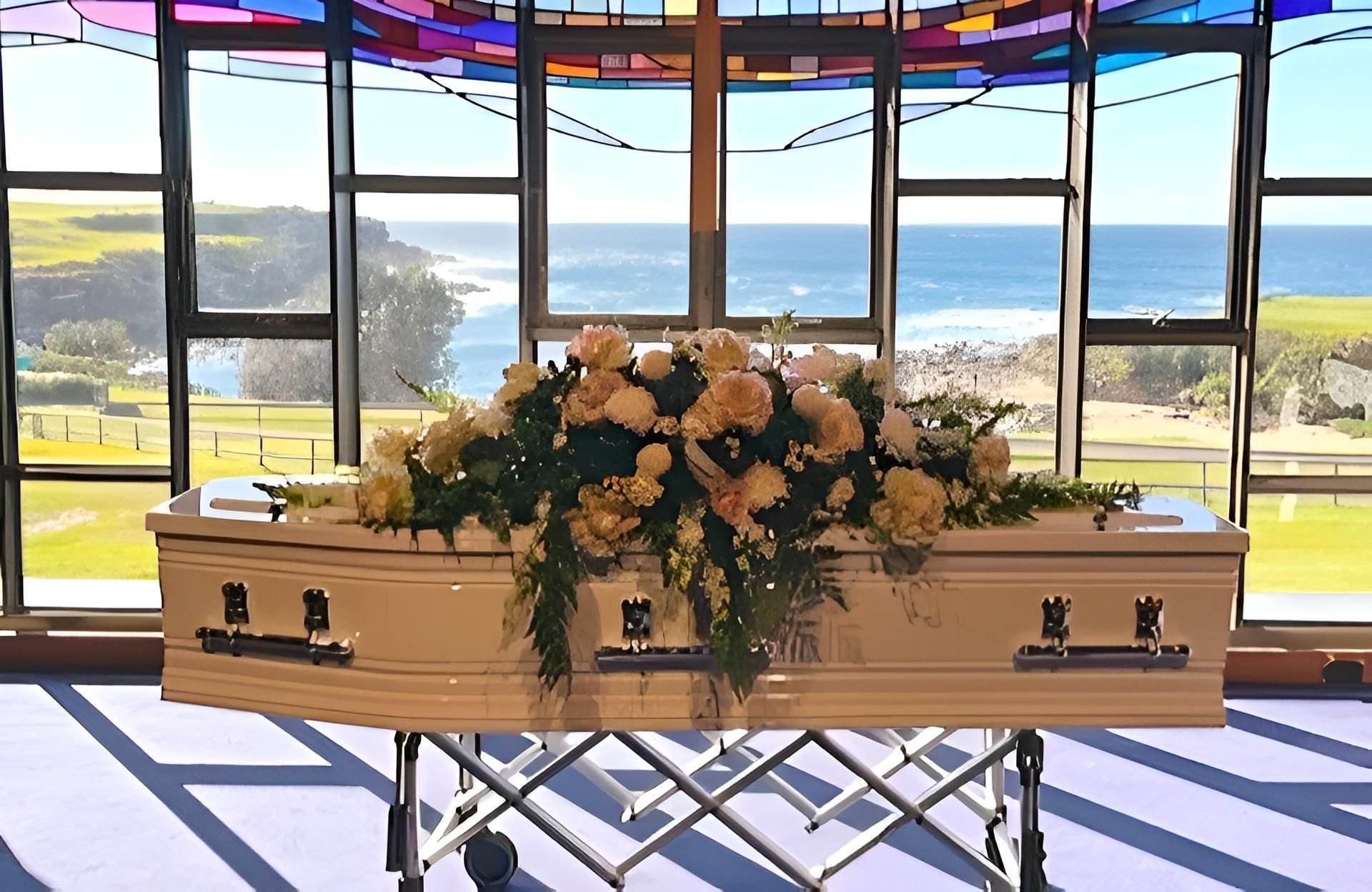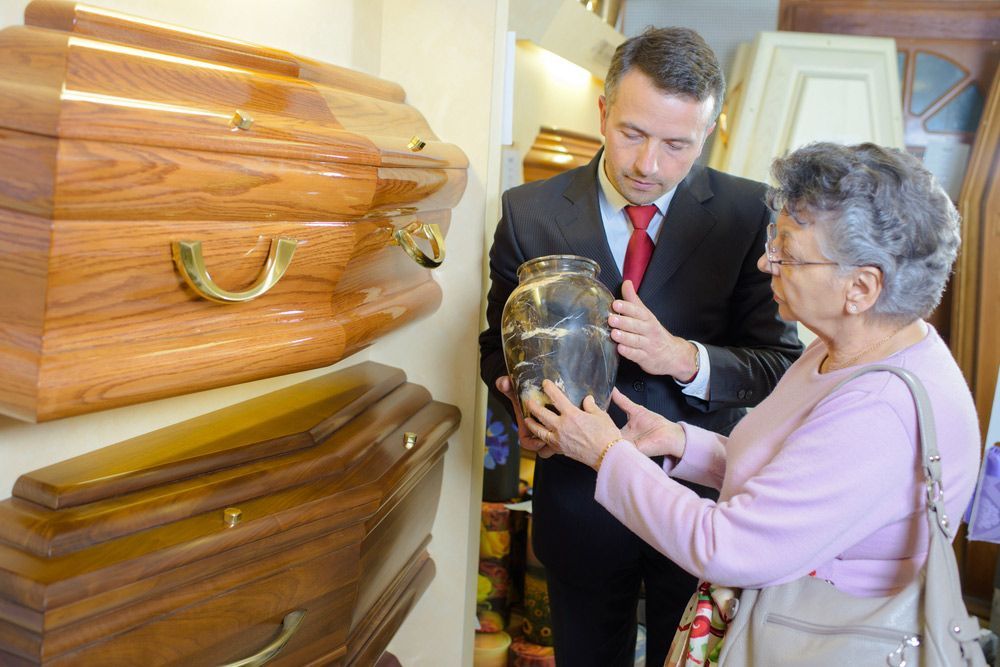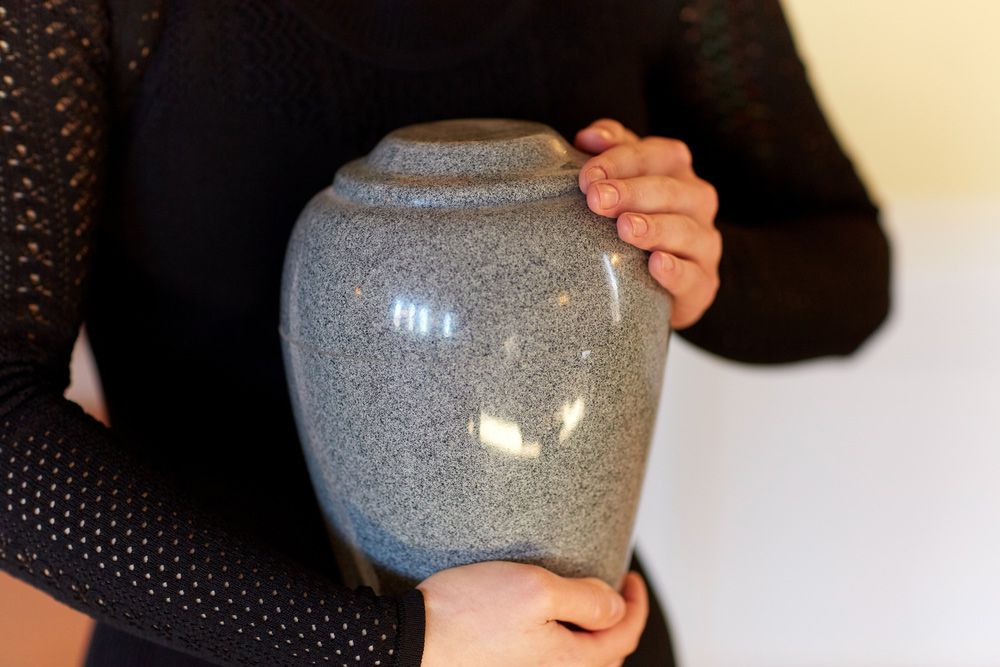How Funeral Homes Cater to Different Cultural Traditions
Are you seeking a funeral service that honours your family's unique cultural or religious traditions?
In times of loss, it can be comforting to uphold familiar customs. Whether those customs are grounded in religious beliefs, spiritual practices, or long-held cultural values, a respectful farewell is deeply personal. For many Australian families, particularly those from multicultural or faith-based backgrounds, working with a funeral provider that understands these nuances is an essential part of the grieving process.
In this blog, we’ll explore how funeral homes accommodate different cultural traditions, and why local knowledge and sensitivity matter when planning
Central Coast funerals.
The Role of Cultural Sensitivity in Funeral Services
Funerals are more than ceremonies—they are rituals that connect people across generations. Cultural and religious traditions often shape how people say goodbye, from how the body is prepared to how prayers, readings, and memorials are conducted.
A professional funeral home on the Central Coast may support:
- Specific rites around burial or cremation.
- Language preferences during services.
- Ritual washing, dressing, or anointing of the deceased.
- Gender-specific roles in mourning or preparation.
- Dietary needs for post-service gatherings.
Cultural sensitivity is not just about ticking boxes—it’s about deeply understanding how traditions bring comfort to the bereaved and how they reflect the values of a community.
How Funeral Homes Support Diverse Traditions
Many funeral homes have developed tailored services to meet the needs of Australia’s diverse population. This may involve:
Understanding Religious Requirements
Different faiths observe specific funeral rites that must be upheld. For example:
- Christian services often include scripture readings, hymns, and a burial following a church ceremony.
- Islamic funerals may require a swift burial after ritual washing and prayers, often directed by an Imam.
- Hindu services typically include cremation, with the family participating in ceremonial rites.
- Jewish funerals may include shiva, prayers, and traditions such as plain wooden caskets and no embalming.
- Buddhist ceremonies may involve chanting, incense, and a focus on spiritual release.
A compassionate funeral director will liaise with faith leaders, provide appropriate facilities, and honour each requirement with care.
Language & Communication Preferences
For families with limited English or those who prefer to express themselves in their native tongue, clear and respectful communication is essential. Funeral homes often work with bilingual staff, translators, or community representatives to help families feel understood and respected throughout planning and service delivery.
Supporting Cultural Practices in Burial & Cremation
One of the key services provided by a funeral home on the Central Coast is guidance on burial or cremation options that align with cultural expectations. These may include:
- Allocating specific timeframes for burial based on religious teachings.
- Ensuring cremation occurs with proper ceremonial respect where culturally appropriate.
- Providing family access to participate in the last rites or final goodbyes.
- Assisting with repatriation when a loved one’s final wishes include burial in their country of origin.
This level of flexibility allows families to focus on grieving and remembrance, knowing that the logistical and spiritual needs are being handled sensitively.
The Importance of Personalisation
In addition to cultural norms, families may wish to personalise aspects of the funeral to reflect the unique life and values of the person who has passed. A funeral director may assist with:
- Music selections are meaningful to the family’s background.
- Dress codes or traditional attire for mourners.
- Memorial booklets or visual displays featuring cultural symbols.
- Flowers and decorations aligned with faith or cultural aesthetics.
Creating space for personal touches within traditional frameworks helps families feel supported while preserving the essence of their culture and heritage.
Community Involvement & Traditional Leadership
Some cultures observe communal grieving, where the wider family, neighbours, or faith community play active roles in funeral rites. Professional funeral homes accommodate this by:
- Providing larger viewing or gathering spaces.
- Allowing extended time for cultural ceremonies.
- Coordinating with community leaders or elders.
- Arranging transport for community members, if needed.
These considerations show respect for collective grieving traditions and strengthen the connection between the deceased and their community.
Adapting to Changing Generational Needs
As younger generations of culturally diverse Australians blend traditional customs with contemporary values, funeral homes often support hybrid services. This may look like:
- A religious burial with a modern video tribute.
- A traditional dress code with a celebration-of-life theme.
- Digital live-streaming for international relatives.
- Eco-conscious choices that reflect evolving family values.
A good funeral home on the Central Coast recognises that cultural identity is not fixed. They listen carefully, ask respectful questions, and collaborate with families to find the right balance.
Navigating Grief Across Cultures
Different cultures also grieve in different ways. Some encourage vocal expression and collective mourning, while others practise solemn, private rituals. Funeral homes play a key role in:
- Creating safe, inclusive spaces for mourning.
- Honouring traditions of silence, prayer, or song.
- Offering grief support aligned with cultural expectations.
- Connecting families with culturally informed counselling or follow-up services.
Understanding how grief manifests across traditions helps funeral homes offer not only services but also compassion.
Why Local Knowledge Matters
Funeral providers rooted in the community are often best placed to deliver culturally sensitive care. Their connections with local faith leaders, cultural organisations, and venues make it easier to honour requests respectfully and promptly.
When choosing a provider for funerals on the Central Coast, look for one with:
- A track record of working with diverse families.
- Relationships with local places of worship or cultural halls.
- Flexibility around service timing, venue, and rituals.
- Staff trained in cross-cultural communication and care.
Trust is vital, especially when dealing with matters as sensitive as death, tradition, and farewell.
Plan a Farewell That Reflects Your Cultural Values
Funeral customs are a powerful expression of love, heritage, and memory. A thoughtful, culturally informed funeral home plays a vital role in helping families honour their loved ones in a way that feels both meaningful and respectful.
At
Timeless Funerals, we understand the importance of cultural diversity in funeral planning. Our team provides funeral and burial services on the Central Coast tailored to your needs, no matter your cultural background.
Contact us today to discuss how we can support your traditions with care and dignity.








